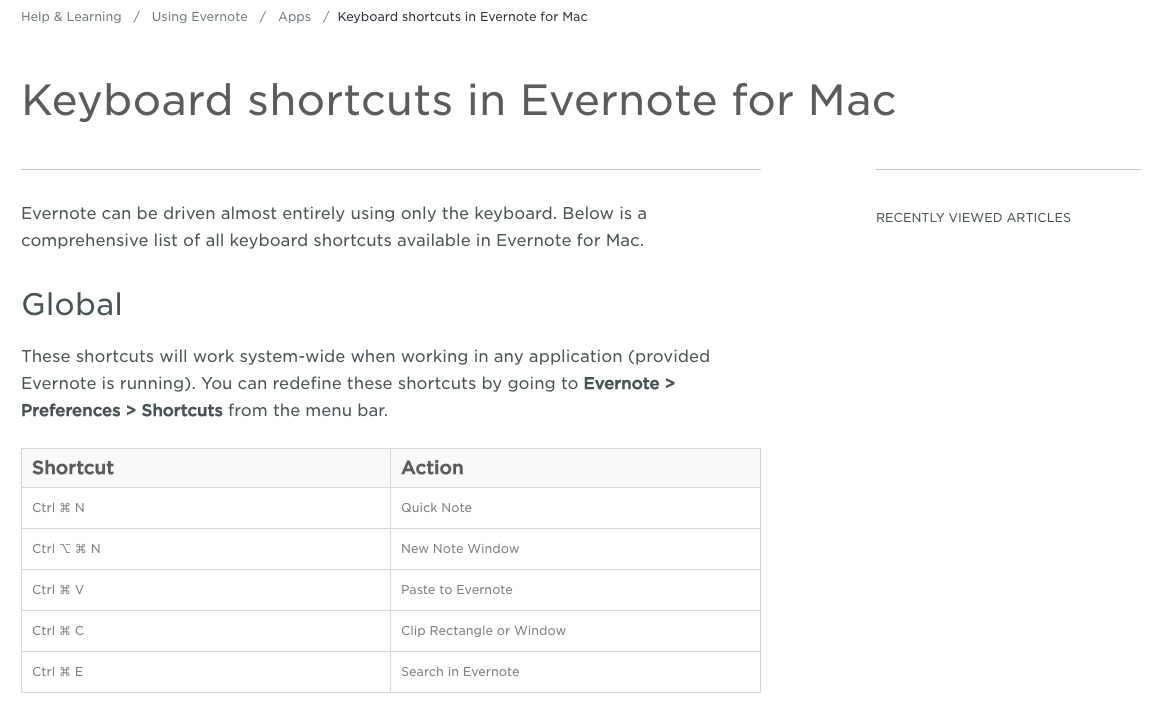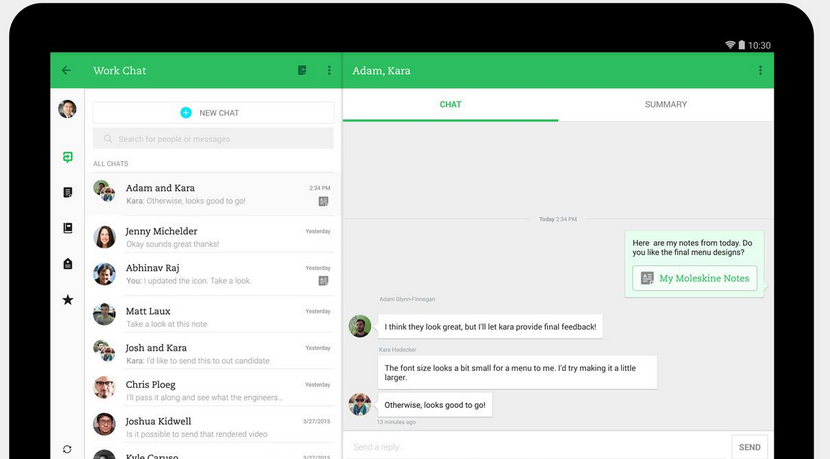
This new note can be a photo taken with your Android’s camera, an attachment, a reminder, a handwritten note, a text note, or a Work Chat note. In the main interface is a plus sign that opens up your options for creating a new note. It can be as fast as immediately or as long as five hours. In the settings a time limit option for how long the app can be closed before requiring the passcode again. An optional passcode lock gives accounts a little extra security. It uses few colors, namely shades of green, black, and white. It doesn’t have any desktop apps or a Web app, although they are said to be in the works.Įvernote’s Android app has a clean design. Another app, Zoho Notebook could be promising one day but at present is for mobile devices only. It handles text notes only and doesn’t even include formatting tools. Simplenote, for instance, is totally free but also mostly devoid of features-as its name implies. There are many other options for notetaking apps, but most of them are very basic. Office 365 $69.99 at Dell subscribers get 1TB of space, although that space is shared among other Office Online apps. It uses OneDrive for storage, and that service gives users 5GB of space for free. Premium users get 10GB of space for new uploads each month, with a max file size of 200MB.Īs a point of comparison, Microsoft OneNote has no feature restrictions on its free version. Plus users get 1GB of storage space each month for new uploads and have a max upload size of 50MB. If you don’t use the full 60MB, the remaining allowance does not roll over into next month.

Free account holders get the least, at just 60MB per month.

The two-device limitation is the biggest drawback of using the free account, and it’s one of the recent changes that have some users up in arms.Įvernote handles storage space by giving its users a per-month limit for new uploads that resets at the start of each month. With a free account, you can sync your Evernote notes across two devices only, as well as using the Web app. Basic and Plus users don’t have access to as much functionality as Premium and Business users, and they get less online storage space, too.

All these apps are free to download, but they all require an account to use.įour tiers of service are available: Basic (free), Plus ($3.99 per month), Premium ($7.99 per month), and Business. PCMag’s review of the Evernote (Web) service covers the features, pricing, and plans in more depth.Įvernote has apps for just about every major platform on the market, including Android, iPhone, iPad, Windows Phone, Windows touch devices, Windows desktop, Mac, and Web. This review looks at the Evernote Android app specifically, but it also includes a summary of the different tiers of service and their prices.


 0 kommentar(er)
0 kommentar(er)
